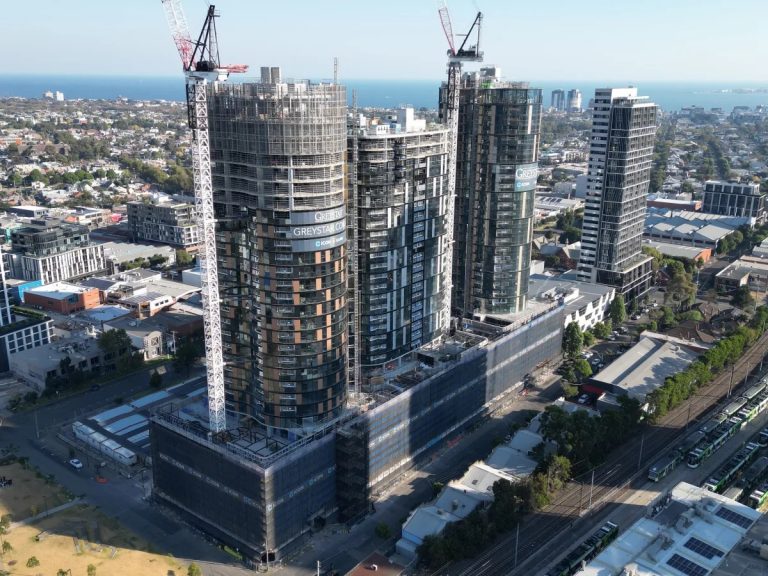10 common mistakes to avoid when buying commercial property

New investors in the commercial space can easily make errors – and expensive ones – if they simply apply “residential logic” to commercial property investment.
Here are 10 common mistakes to avoid when buying commercial property.
1. Neglecting the fundamentals
Arjun Paliwal, head of research and founder at buyers’ agency InvestorKit, said investors should always assess commercial deals primarily on “the fundamentals” instead of some ”rare, value-add opportunities”.
“So long as the fundamental factors look good, the property would make a good investment,” he said.
“If you put too much attention on seeking value-add opportunities, you’ll likely spend much more time on finding your dream property and miss out on a lot of great, if not better, opportunities,” he said.
2. Not doing enough due diligence
Jay Anderson, a property strategist and buyers’ agent at Jay Anderson Property, described due diligence as crucial, a way to avoid any “nasty surprises”.
“The due diligence process for a commercial asset typically involves investigating the legal aspects, the property’s condition, location and zoning restrictions and assessing local market conditions.
“It also involves performing a physical inspection of the property, looking at current lease agreements, in-depth research into the tenant’s business and industry, financial statements, building and pest inspections and more,” he said.
3. Not understanding yields
Scott O’Neill, the founder of Rethink Investing, said not understanding yields – a measure of how much income a property generates as a percentage of the property’s whole value, i.e. how much an investor can make off a property when compared to how much it’s worth – can be disastrous.
“Investors should always investigate, understand and calculate a property’s potential yield as it’s central to the decision-making process,” he said.
4. Chasing high rent only
While many investors are attracted by high rents, chasing that alone can be a mistake, Mr Paliwal said.
“It’s better to make sure the rent is at a reasonable level. As the value of a commercial property depends on the rental income, above market-level rental could mean you are over-paying for the property. You will have little upside potential for future rent reviews,” he said.
5. Choosing the wrong property type
Selecting the wrong property type is a rookie error, according to Mr Anderson.
“Choosing the right commercial property type for you will depend on a number of factors such as your risk profile, investor profile, existing portfolio and financial goals,” he said.
“It’s important to understand and follow your property investment strategy and plan to ensure optimal investment performance for your portfolio.”
6. Chasing yields only
While yields are a vital metric when it comes to commercial property investment, it’s also not the be-all and end-all, according to Mr O’Neill.
“Never just buy a property because the yield is high,” he said.
“Remember, growth in income and capital growth on the asset should be your two major sources of profit over the longer term,” he said.
7. Buying in the wrong location
As in residential property, location is everything in commercial property too, Mr Paliwal said.
“Location is essential for commercial properties. Some investors pay less attention to the location than they should and rather go with a higher yield or a ‘better deal’,” he said.
“In the long term, a wrong location could hurt you by slow rental growth and value growth as well as a longer vacancy period.”
8. Not having a clear strategy
Given buying commercial property is a significant financial decision, it’s important to have a clear property investment strategy driving it, Mr Anderson said.
“As Benjamin Franklin said ‘if you fail to plan, you are planning to fail’. While the tactics and strategies of succeeding in real estate may change over time, the importance of having a long-term vision remains,” he said.
9. Not having a financial buffer
Mr Paliwal warned against the potential error of not having a “buffer”.
“One of the major characteristics of commercial properties is longer vacancy periods. Many investors are not prepared for that and suffer from cashflow problems when they have no rental income for a few consecutive months,” he said.
10. Buying with emotion
Mr Anderson said being too emotional is another potential mistake.
“Sometimes in life ‘going with your gut’ can help you make the right decision, but with property investing you should take the emotion out of purchasing and use research and logic instead.”
Being objective and analytical is the key to making sound investment decisions, he said.







